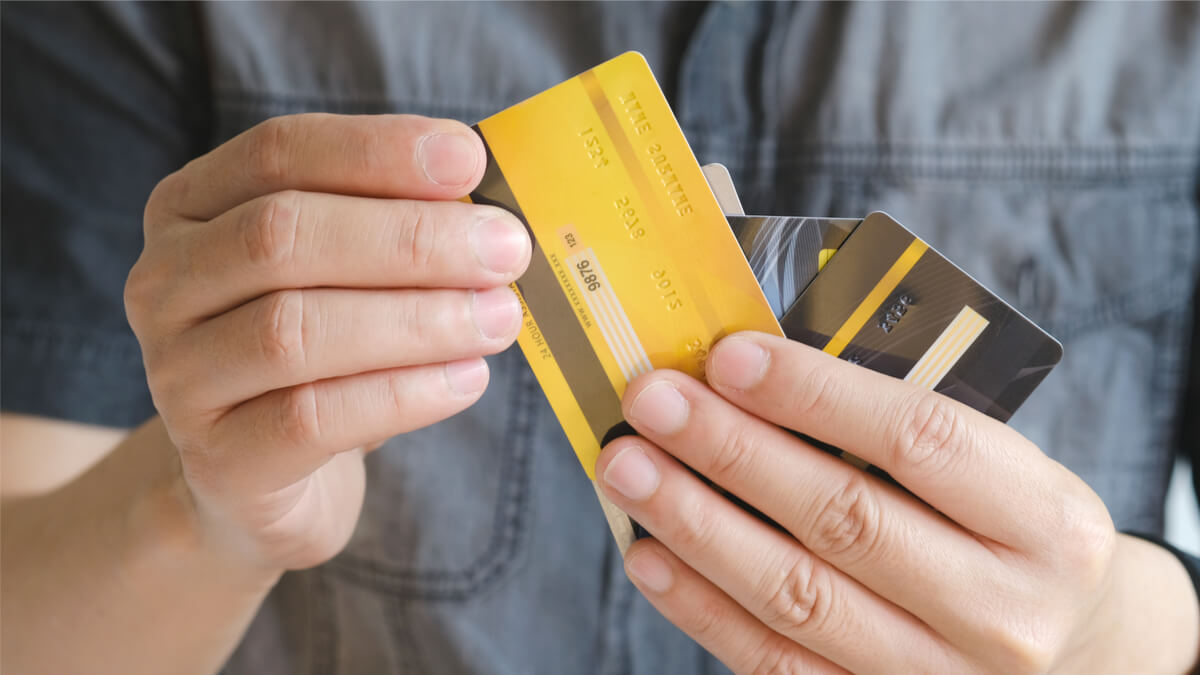Is Revolut reliable in France: everything you need to know
Is Revolut reliable? What about its security systems? What do we really know about it in terms of offers and prices? Let's discuss!

With the rise of international online shopping, many of us have had to pay online in foreign currencies. But how can you avoid high conversion fees? What’s the most convenient and cost-effective way to make online payments abroad from France? Here’s everything you need to know.
With the Wise card, you can shop online easily — without extra conversion fees or hidden markups. Wise always uses the mid-market exchange rate when converting currencies.
At some point, you’ve likely made an online purchase in a foreign currency — meaning you paid a seller or website that doesn’t use the euro (€) as its main currency.
For example, if you order cosmetics from a UK-based website, the price will be displayed in pounds sterling (£). When you pay with a euro-based card or account, your bank automatically converts euros into pounds to complete the transaction.
That’s what “paying online in a foreign currency” means — and it often comes with hidden conversion fees.
When making an online payment in a currency other than euros, there are a few precautions to take — both for your security and to avoid unnecessary fees.
Conversion fees depend on the exchange rate your bank applies. Most traditional banks use a marked-up rate, adding a margin on top of the real exchange rate — which makes your purchases more expensive.
To save money, use providers that convert currencies using the mid-market rate, without hidden markups.
That’s exactly what Wise does — you can convert 40+ currencies at the mid-market exchange rate, with no limits or hidden fees.
The growth of e-commerce has also led to a rise in online scams. Fraudulent sellers often lure customers with “too good to be true” offers.
Before entering your payment details, always check that the platform is legitimate. Look for verified reviews and make sure other customers haven’t reported fraud.
Be cautious of suspicious promotions or links offering unrealistic discounts. These are often phishing attempts designed to steal personal or banking information.
To stay safe, only make payments on reputable websites with secure payment pages (look for “https” in the URL).
Online payments are convenient, but you need to ensure you have enough money in your account or on your card — especially if paying in another currency.
For example, if you need to pay £100 online, simply having €100 in your account won’t be enough, as one pound is worth more than one euro. You should also account for possible conversion and transaction fees.
Most traditional banks charge both a marked-up exchange rate and fixed or variable commissions on foreign currency payments — which can quickly add up.
The best way to avoid expensive conversion fees and commissions is to use a payment provider that applies the mid-market exchange rate, such as Wise.
Yes. Many international websites — including Amazon and other major marketplaces — display prices in USD. In some cases, it can even be cheaper to shop online in dollars than in euros, as long as you avoid the extra conversion costs charged by traditional banks.
You can pay online using different methods, including:
With a Wise card, you can make online purchases in multiple currencies — securely and at low cost. Here’s what you get:
This article is a translation of the original article published in French and was translated within 365 days of publication. While the content has been translated for accessibility, the data and sources referenced have not been updated since the original publication date.
*Please see terms of use and product availability for your region or visit Wise fees and pricing for the most up to date pricing and fee information.
This publication is provided for general information purposes and does not constitute legal, tax or other professional advice from Wise Payments Limited or its subsidiaries and its affiliates, and it is not intended as a substitute for obtaining advice from a financial advisor or any other professional.
We make no representations, warranties or guarantees, whether expressed or implied, that the content in the publication is accurate, complete or up to date.

Is Revolut reliable? What about its security systems? What do we really know about it in terms of offers and prices? Let's discuss!

What are the spending limits for the cards offered by BNP Paribas? How can I change the payment and withdrawal limits on the app and website?

Everything you need to know about the international option offered by Société Générale: what are the different offers? How much do they cost?

How do you send money with Sendwave and to which countries? What are the fees and charges? Find out everything in this guide!

What is a commission-free currency exchange? Does it really exist? How do you choose the right currency exchange? Investigation!

What are the differences between Mastercard and Visa bank cards for travelers? What criteria should be used to make the choice?